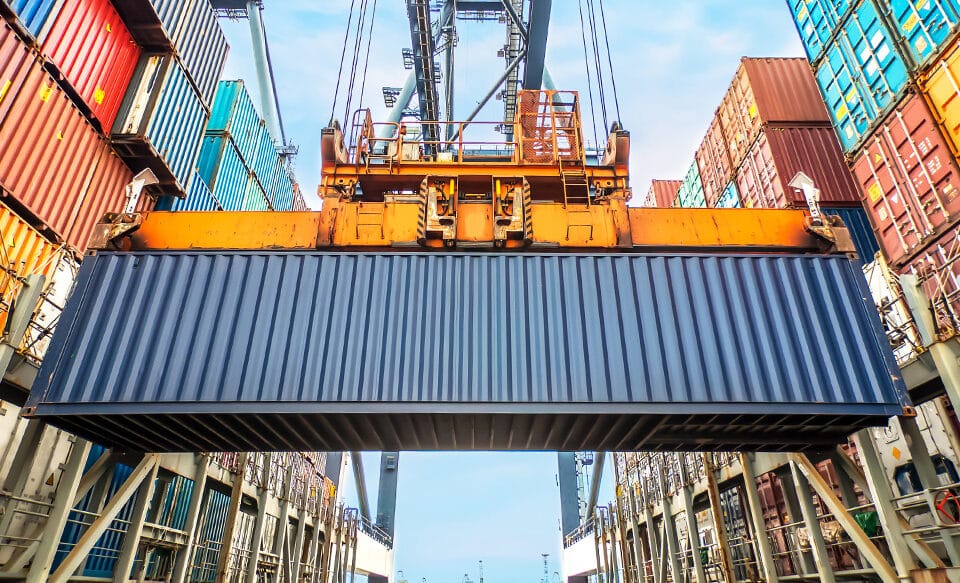Private markets are no longer the exclusive playground of institutions and the ultra-wealthy. Once tightly held territory has begun to open with increasing momentum. Across asset classes, new sources of capital flows are expanding as high-net-worth individuals, digital wealth platforms, and retail investors step more meaningfully into the fold.
- All
- AI and Emerging Technology Integration
- Aviation
- Capital Markets
- Company News
- Consumer Brands
- Content Strategy
- Corporate Communications
- Crisis and Issues Communications Management
- Digital Communications
- Education
- Energy and Environment
- Environmental, Social and Governance (ESG)
- Financial
- Government and Public affairs
- Health
- International media
- Media Relations
- Multimedia Design and Production
- Primary Industries
- Professional Services
- Property and Infrastructure
- Public Relations
- Research
- Strategy
- Technology
- Travel and Hospitality
Entering 2025, sentiment about Thailand was cautiously optimistic. There were promising signs of a rebound in tourism, a pick-up in the economy, and after years in exile the return of Thaksin Shinawatra appeared to have stabilised politics. Yet it’s been a rough 2025 since then, and it now promises a potentially seismic end to the year. We look at the developments, the complexities faced by business leaders, corporate affairs practitioners, and policy advisers, and how to navigate a safe path through them.
The relationship between the Gulf Cooperation Council (GCC) countries and China is transforming, from a promising trade link into a dynamic economic corridor. In this article from our Sandpiper team in the UAE, we look closer at this development and what it means for business leaders and communicators.
When Anthony Albanese’s Labor won the general election 3 May this year it marked the first second-term government in Australia in two decades. An increased majority and stronger mandate have emboldened the Government to make more substantial reforms compared to its first, more cautious term, including in healthcare, education and green energy.
On 3 May, both Australians and Singaporeans went to the polls, with regional observers closely monitoring their respective federal and general elections for domestic implications and broader geopolitical impact. Just days earlier, on 30 April, President Trump marked his hundredth day in office – during which his administration has had deep impacts across Asia.
Sandpiper is publishing a detailed research report on its Turbulent Times research of 3,050 business leaders in 27 countries. It shows 73% believe a fundamental cause of the tariff and trade conflict is the policies of the current US administration, against 62% who say it is China’s trade policies. Despite high levels of anxiety, 38% of business leaders in ASEAN countries and 21% in China say they are not well prepared to deal with current geopolitical risks.







